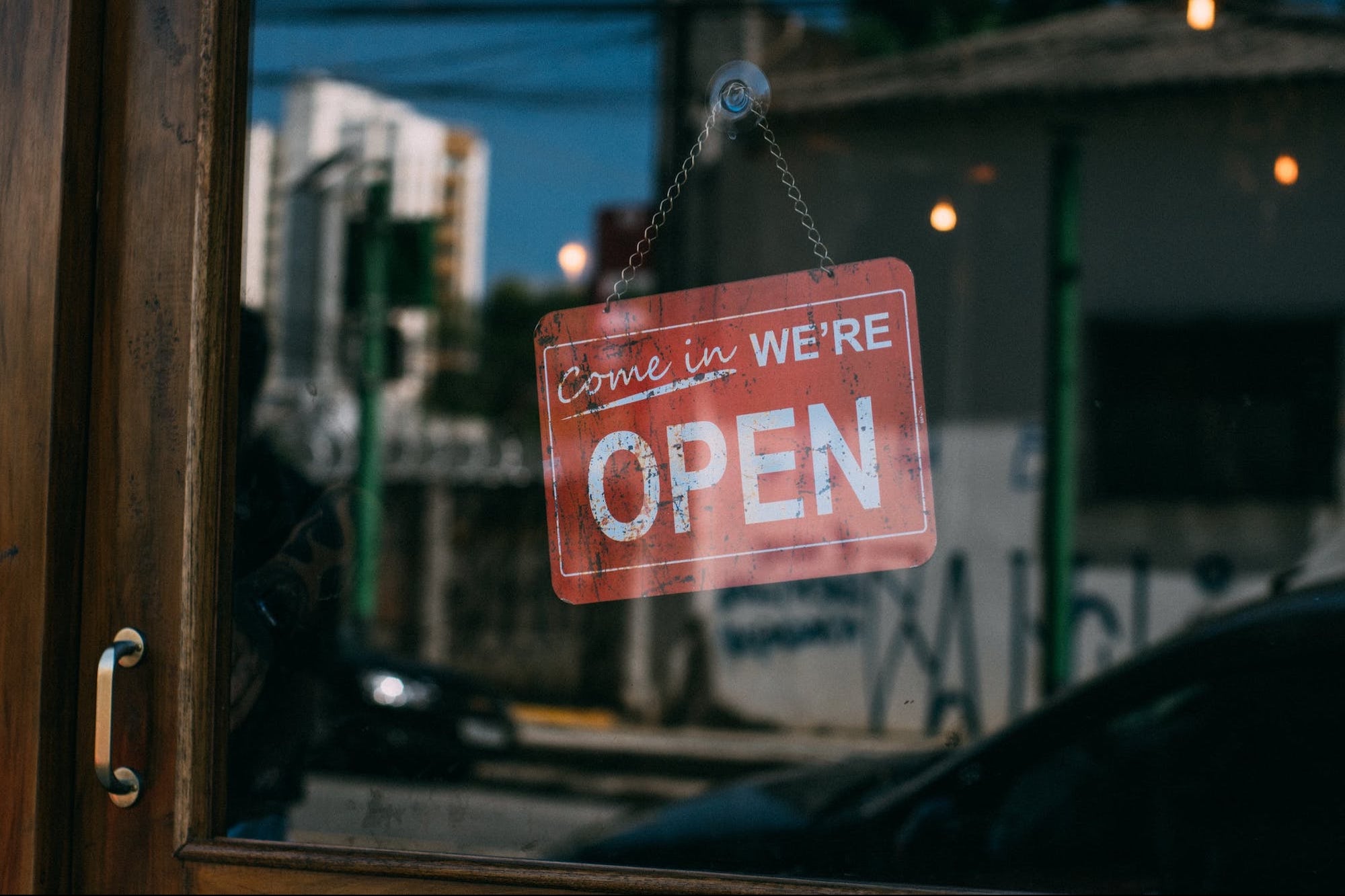5 min read
Disclosure: Our goal is to feature products and services that we think you’ll find interesting and useful. If you purchase them, Entrepreneur may get a small share of the revenue from the sale from our commerce partners.
With Congress failing to reach a new pandemic relief package, things are looking tougher for many businesses. When Goldman Sachs surveyed their small-business clients in July, more than 84 percent were on track to run out of PPP money the first week of August—and about 2/3 were doing less than 75 percent of their pre-COVID revenue.
Just when advertising and marketing are needed most, many businesses simply can’t spare the budget or manpower.
Enter easy-to-run, inexpensive local ads from Nextdoor. One of the best additions to small business advertising we’ve seen lately.
Let’s start with the basics.
Nextdoor is a local social network for neighbors, organized by neighborhood. Users join based on zip code and do neighborly things like share posts and hobbies with each other, find places to live, volunteer, buy and trade things, spread important news, and more. There’s even a lost and found section, which really sums up just how local the platform is.
The true genius of Nextdoor is its focus on authenticity and trust though. Everyone uses their real names and has to get verified. Also, political discussions are kept out of most areas. For these reasons, things feel more civil and communal than almost any other social network.
And as it turns out, when people talk to their fellow neighbors in a friendly online space, they love to discuss where to eat, where to shop, where to get their taxes done, where to groom their dogs, and just about any other local product or service you can think of. This is where Nextdoor starts to get especially interesting for SMBs and entrepreneurs.
From free business profiles and posts…
Just like the people in a neighborhood, local businesses can have their own profile pages on Nextdoor as well. Businesses can post twice a month at no charge, and build up followings through recommendations and reviews. And because the platform creates so much trust between users, these recommendations and reviews have real weight. (On a side note, there’s also far fewer spam profiles—and fake reviews from competitors—than other platforms like Google My Business.)
…to inexpensive ads with strong calls to action.
But for businesses that are new to the platform or just want to be more active in acquiring new local traffic, Nextdoor offers a unique form of hyperlocal advertising in the form of promotional offers. These low-cost ads— referred to as “Local Deals“—are placed throughout the website and app as well as in email bulletins. The specifics of the deal are up to you, and because they’re usually tied to discount codes or other redeemable offers, success can easily be measured and optimized.
Nextdoor provides simple analytics, but to be clear, this is nothing like Facebook Ads, Google Ads, or anything else requiring a lot of time and expertise. Local deals can be put up in minutes, not hours, and there’s relatively little to tweak except for your offer and where you want to show it.
And that’s the real beauty here. Nextdoor wants you to spend your time running your business and engaging with your community. Building trust. Earning great reviews. Not constantly trying to adjust campaign targeting and A/B test new creative.
Small-business advertising for as little as $1.
That’s not a typo. Local deals are sold by neighborhood, and depending on the demographics and the length of your campaign, you might really pay as little as $1 per neighborhood.
Another big difference between these and other paid social ads is that you don’t pay based on clicks or performance. So while there’s no guarantee you’ll get any clicks, visits, or purchases, there’s the potential to wildly outperform the ROI of Google and Facebook Ads. All without a marketing team.
Affordable local sponsorship opportunities.
It should be mentioned that local deals are sorted by business type, and there are a handful of categories like real estate agents and homebuilders that Nextdoor offers paid sponsorships to instead of local deals.
Each zipcode has a limited number of sponsorships for each category, so please be aware you might not be able to be a sponsor in the neighborhood you want. The good news though is that sponsorships are a great value. There are a lot of placements within the offering, and in our quick test we saw zip codes with several neighborhoods inside them for rates like $32/month. One prime zip code we saw was just under $150/month, but even that’s modest compared to most other advertising options out there.
If you’d like to see a great case study of Nextdoor ads in action, here’s how it all worked for San Francisco-based Z&Y Restaurant who turned to the platform for help during lockdown.
And if you think Nextdoor’s advertising options might be a good fit with your business, you can learn more or sign up here. They cover 90 percent of neighborhoods in the U.S., so chances are they’re already in your desired area.







